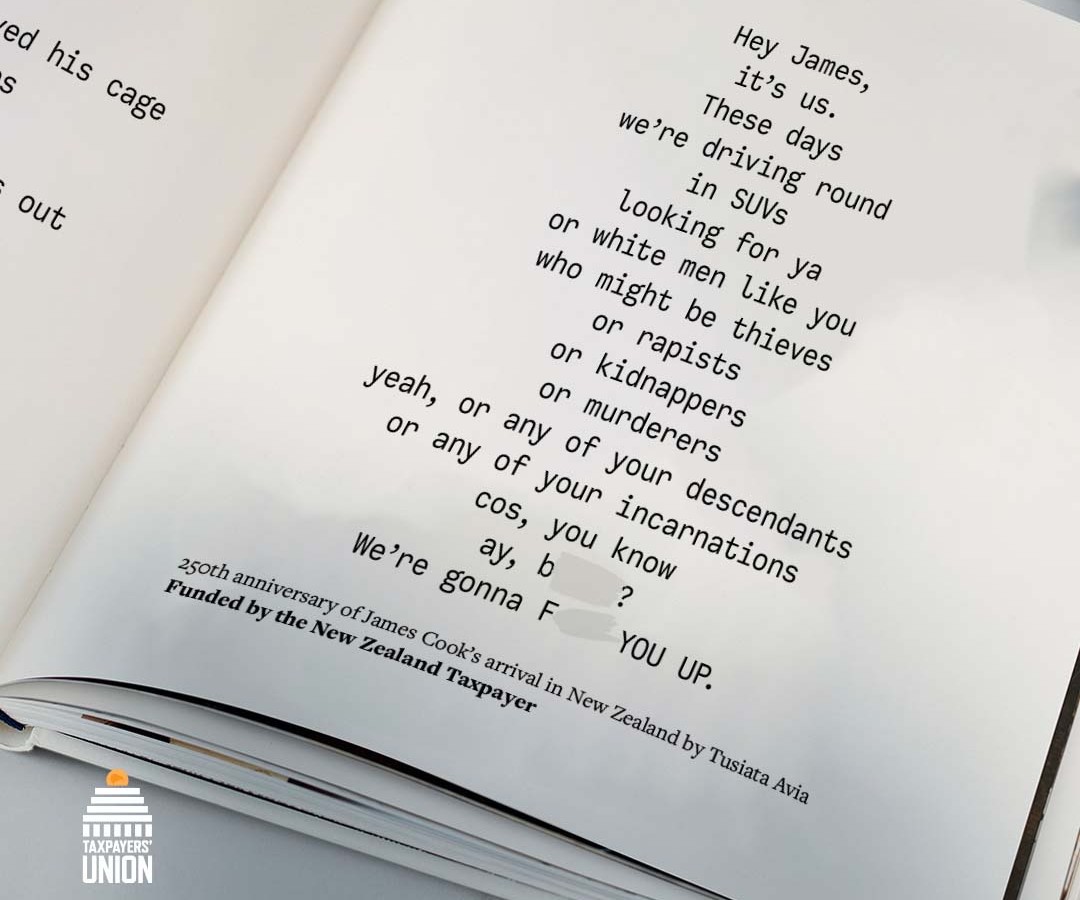The "poem" in question has been praised by some critics as a work of empowerment that challenges New Zealand's colonial past. However, it's equally important to recognise that such hateful and violent rhetoric cannot be celebrated as a positive force for change.
This so-called "poem" uses vulgar language and openly advocates for violence against a specific group of people based on their race and history. Such language cannot be justified as a form of empowerment or resistance, as it clearly crosses the line into hate speech.
The history of the Rwandan genocide is a stark reminder of how hateful and violent rhetoric can proliferate into genocide. In Rwanda, similar rhetoric was used against the Tutsi people, who were portrayed as the oppressor race, leading to their brutal persecution during the attempted extermination of their kin.
It's alarming to see the contemporary redefinition of "racism" as a collective enterprise only possible against the "non-privileged" races. This misguided notion fails to recognise that racism is a human problem that can affect anyone, regardless of their race.
Moreover, there is a clear causal link between hateful rhetoric and racially motivated acts of violence. This "poem" goes beyond mere criticism of historical figures and instead advocates for violence against their descendants, promoting crude popular militias to do violence against "them." Such rhetoric can be dangerous and can potentially incite or justify racial violence.
Therefore, it's essential to recognise this "poem" as hate speech and not as a legitimate form of expression. Advocating for violence against any group based on their race or history is not acceptable and cannot be celebrated as a positive force for change. Instead, we should focus on promoting unity, equality, and understanding among all people, regardless of their background.
Where I might acquiesce this ground if the author's true intent was to make this very point, but perhaps that just wishful thinking...
